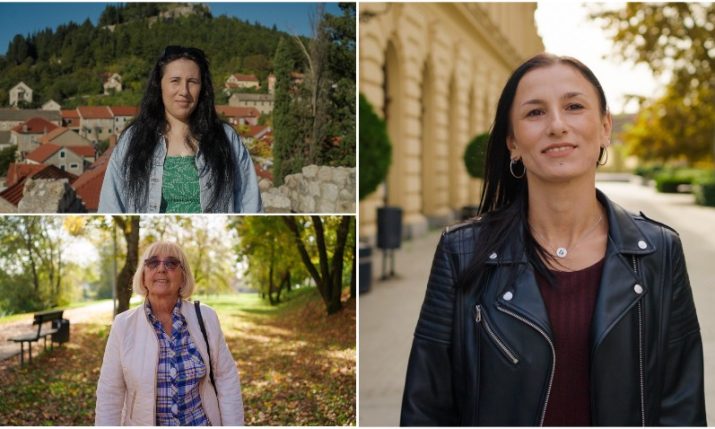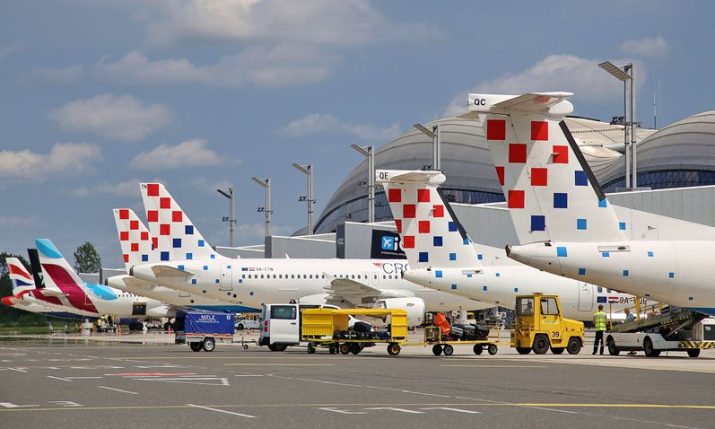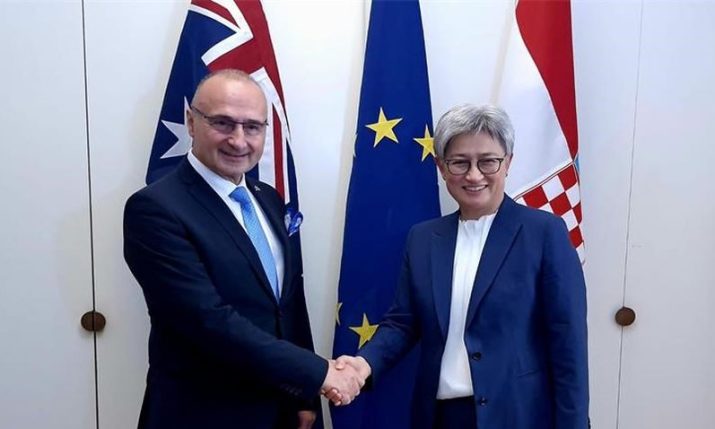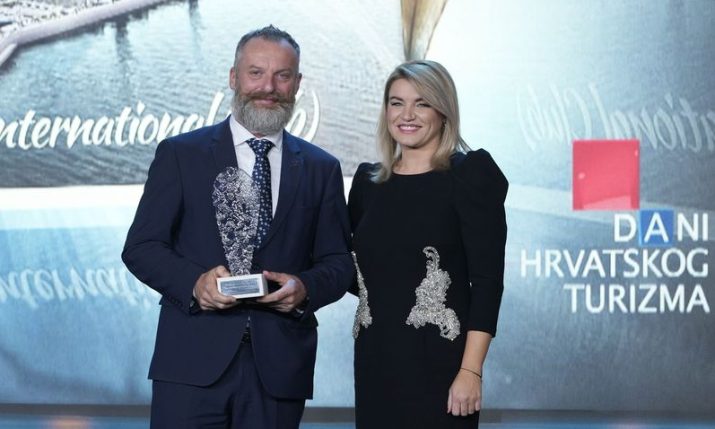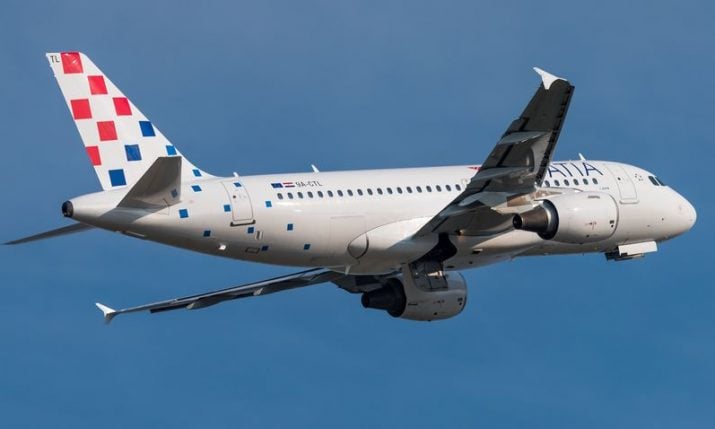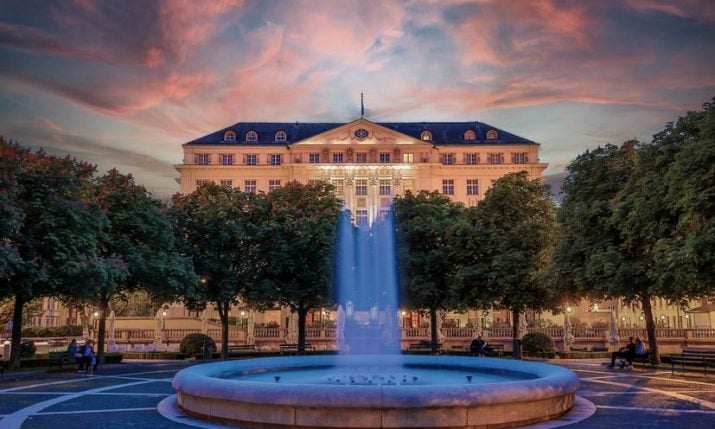Croatia’s Council of EU presidency coming to an end
- by croatiaweek
- in News
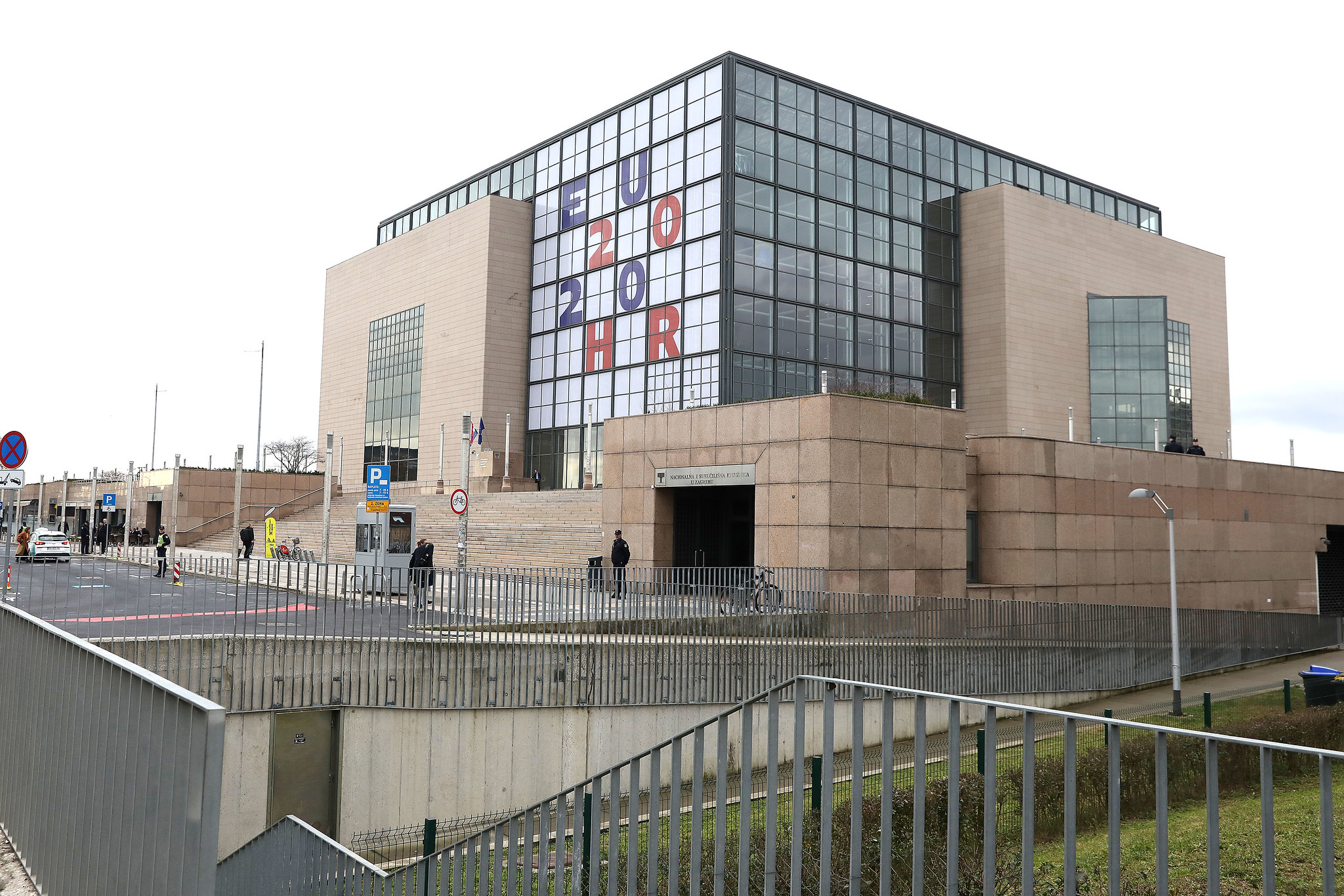
(Photo: Patrik Macek/PIXSELL/EU2020HR)
ZAGREB, June 28 (Hina) – The Croatian presidency of the Council of the EU ends in two days and over the past six months, it managed to ensure the regular functioning of that institution despite unprecedented circumstances.
January and February proceeded as planned but in March the novel coronavirus started spreading across Europe.
After lockdown measures were introduced all over Europe, more than 60 video conferences were held, including six virtual meetings by heads of state or government. All Council formations held virtual meetings, some a number of times.
In the new circumstances, the Croatian presidency had to change and adapt its programme.
We had to reconsider most plans and rearrange our priorities due to the COVID-19 pandemic, Prime Minister Andrej Plenkovic said at the last video summit.
We had to quickly shift the focus from the priorities of our presidency to the most important priority, the safety of European citizens, he added.
At that summit, European Council President Charles Michel and Commission President Ursula von der Leyen congratulated Plenkovic on a successful presidency.
As soon as the pandemic broke out, the Croatian presidency started working on the coordination of a common response to the crisis. The integrated political crisis response was established very quickly and the Council reached agreement in record time on the Commission’s proposals to mitigate the effects of the crisis.
In cooperation with member states, the Croatian presidency participated in the repatriation of 650,000 EU citizens who, in the middle of the pandemic, were in third countries across the world
Another precedent occurred during the Croatian presidency. For the first time, a member state left the EU. An agreement was reached on an orderly exit of the UK and guidelines were agreed on negotiations on future EU-UK relations, which are still under way.
One of the biggest achievements of the Croatian presidency was the lifting of a blockade, imposed by France and a few other member states, on the opening of accession negotiations with North Macedonia and Albania.
Instead of an EU-Western Balkans summit that was to have taken place in Zagreb, meant to be the largest event during the Croatian presidency, a video summit was held on May 6, resulting in the adoption of the Zagreb Declaration, which reaffirmed the European perspective of Croatia’s southeastern neighbours.
In June, a video summit was held with the six Eastern Partnership countries.
Last week, the Council agreed its position on launching the Conference on the Future of Europe. Also agreed were the Council’s recommendations for opening the EU’s external borders for third-country citizens. A decision to that effect is expected to be made on Monday or Tuesday.
June 30 will mark seven years of Croatia’s EU membership. On July 1, the rotating Council of the EU presidency will be taken over by Germany.

